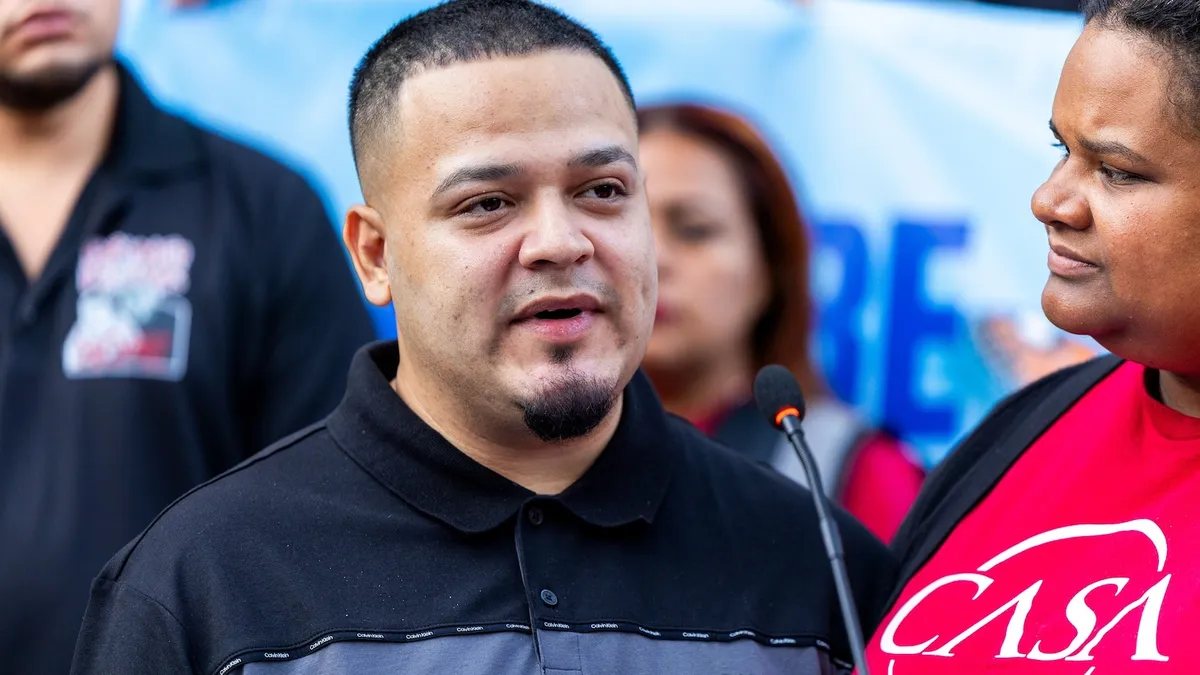
A federal judge has issued a temporary restraining order preventing the Trump administration from deporting Kilmar Abrego Garcia until at least early October. U.S. District Judge Paula Xinis announced this decision on Wednesday, indicating that the temporary block will remain in place until Abrego Garcia's latest challenge to his deportation is resolved in court.
Judge Xinis has scheduled an evidentiary hearing for October 6, which will address the legal arguments surrounding Abrego Garcia's potential deportation to Uganda. During the hearing, she stated that she would issue a ruling within 30 days following the October 6 hearing. This timeline is crucial for Abrego Garcia, as it will determine the next steps in his ongoing legal battle.
Currently, Abrego Garcia is being held in a detention center located in Virginia. Judge Xinis has mandated that he must remain in custody within a 200-mile radius of the court in Maryland, emphasizing that the decision regarding his release from immigration custody should be determined by an immigration judge, not by her court.
On Monday, attorneys representing Abrego Garcia took significant steps by filing a motion to reopen his immigration case and apply for asylum. Abrego Garcia, a native of El Salvador, faced deportation in March despite a previous court order that forbade his removal to that country due to fears of persecution. The Trump administration had classified him as a member of the notorious criminal gang MS-13, a claim that both his family and legal team vehemently deny.
After being deported in March, Abrego Garcia was taken to El Salvador's CECOT mega-prison. However, he was brought back to the U.S. in June to face charges in Tennessee regarding the alleged transportation of undocumented migrants while residing in Maryland. He has pleaded not guilty to these charges. Following his release on Friday, Abrego Garcia was taken into immigration custody when he checked in with the ICE office in Baltimore on Monday. He was subsequently transferred to a detention center in Tennessee where authorities indicated he could be deported to Uganda.
Abrego Garcia's attorneys have argued in their emergency motion that his return to the U.S. after deportation qualifies him to apply for asylum within one year of his last entry. They contend that reopening his case is essential to allow him the opportunity to designate Costa Rica as his country of removal, should deportation become necessary.
This ongoing legal saga highlights the complexities of immigration law and the challenges faced by individuals navigating the system. As the situation unfolds, all eyes will be on the upcoming hearing and the implications it may have for Kilmar Abrego Garcia's future in the United States.